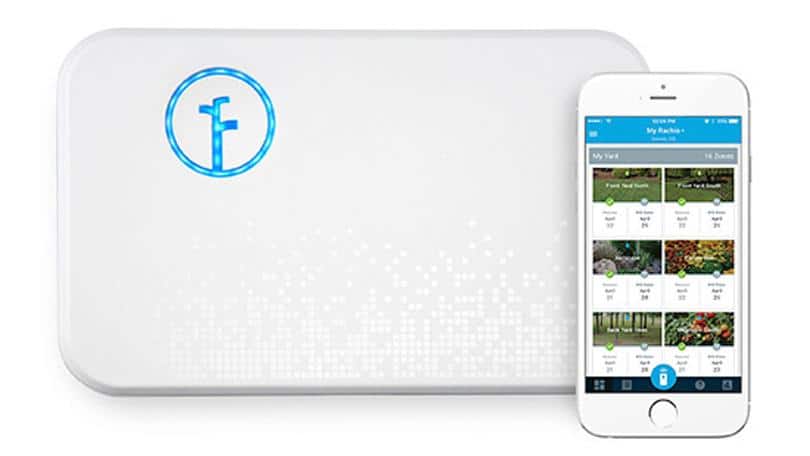Overwatering
Contrary to popular belief, overwatering is just as harmful as underwatering. You might be wondering exactly how much water is good for your lawn and when your grass has had too much. It pays in more ways than one to keep an eye on water usage around your landscape. Establishing healthy watering habits in Macon / Warner Robins will conserve a precious resource, save you money and keep your lawn healthy. Read on for tips to accomplish all of the above.
How do I avoid overwatering my lawn?
- Pay attention to the color of your grass. Yellowing or brown patches can be red flags for not enough water but can also be an indication of too much. Be sure to read up on disease and see what it looks like. And read more about localized dry spot.
- Experts agree that putting one inch of water on your lawn once a week is about the perfect amount. Not sure how long to run your sprinklers to get one inch? Scatter several cups around your lawn the next time you water (You’ll need a weight in the bottom of each one so they don’t tip over). Record how long it takes to get to an inch of water in the cups and make that your standard.
- Invest in a smart controller. These new irrigation controllers will manage your watering for you based on the forecast. Rachio is one of our favorite smart controllers. Protect your grass and your pocketbook from unnecessary watering when Mother Nature has done the work for you. Find out more about smart controllers here.
- Fall back on the old screwdriver trick. Use this tool to feel how soft the ground is in various spots around your lawn after a good watering. If you can’t push a 6” screwdriver into the ground after irrigation, repeat the cup test in that area and also note what kind of soil is under the grass (see tip #6).
- Watch for runoff that can saturate vulnerable areas in your lawn with excess water. If you see this happening, consider aeration, adding soil to change the grade of the area or installing a French drain system to prevent standing water from damaging your grass.
- Be aware of the type of soil you have in your yard. The Macon / Warner Robins areas have two different types of soils. Sandy soil absorbs water easily but does not retain it very long. Heavy clay retains water longer but takes longer to absorb it. Use a trowel or screwdriver to determine water saturation in various spots around your lawn after irrigation. Adjust your sprinklers accordingly.
- Is your lawn on a slope? Make sure you water the top more than the bottom.
- Do mowers leave tire tracks? When you walk on your turf, do your feet sink in the ground? If so you may need to back off on the irrigation.
- Does the lawn have a lot of nutsedge? This is usually as sure sign of overwatering.

